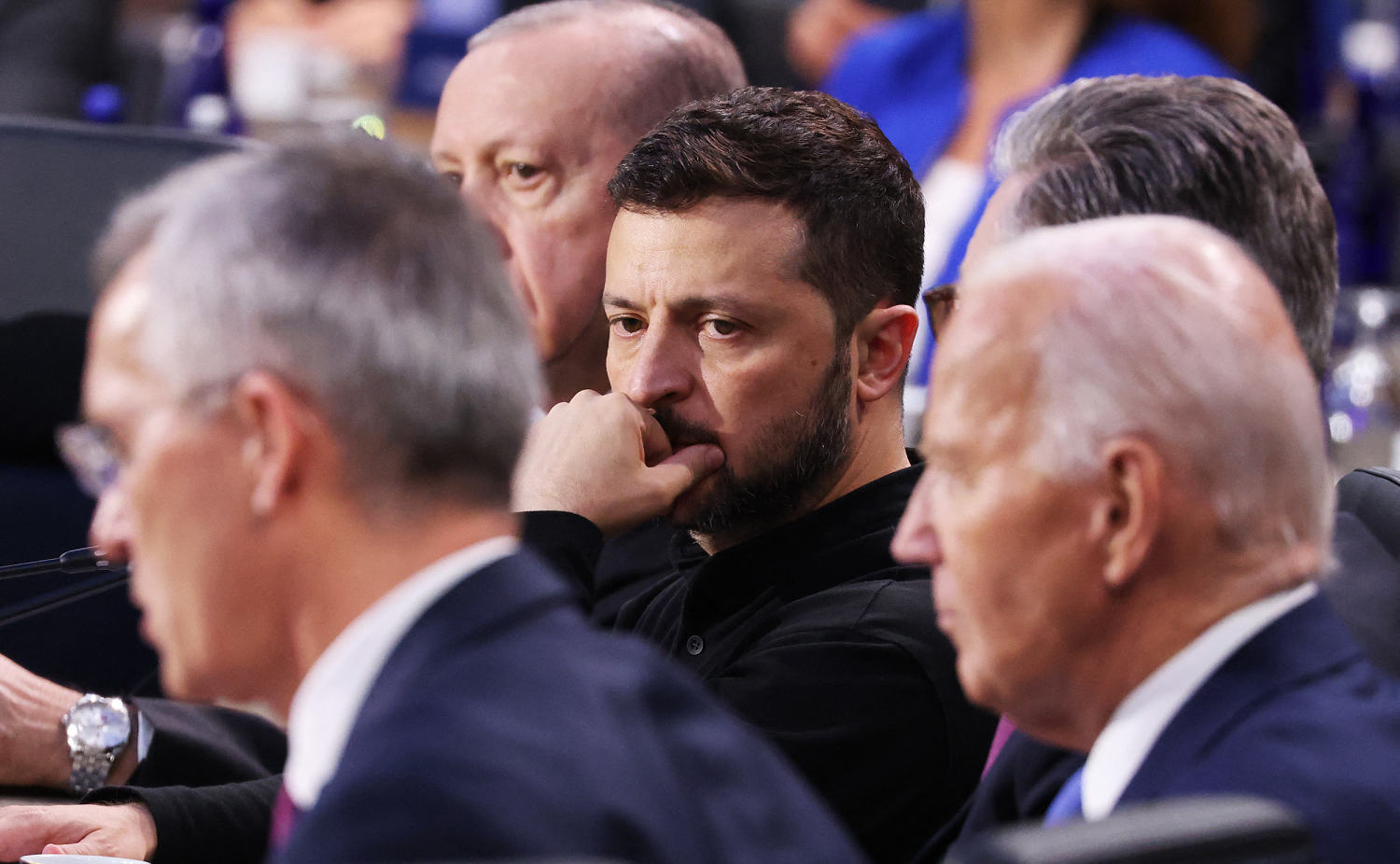All eyes are on America as an uncertain world awaits critical election result
“I wouldn’t have to” trigger those high tariffs, Trump told The Wall Street Journal last month, however, because Chinese President Xi Jinping “respects me and he knows I’m f—ing crazy.”
Like on many issues, of course, Trump has flip-flopped on Taiwan, suggesting it should have to pay for U.S. protection, and talking up his “very good relationship” with Xi.
Wang Yiwei, a professor of international relations at Renmin University of China, reflected on the disquiet these promises are currently stirring. “The whole world will be paying the price if Trump comes back, or even if Harris wins and actually continues with Trump’s policies,” he said.
Harris’ boss, President Joe Biden, has kept all of Trump’s first-term tariffs while adding some more of his own.
Like Biden, the vice president has said she wants to make “sure America, not China, wins the competition for the 21st century.” She also wants to “de-risk” Washington’s relationship with Beijing. This jargon essentially means she wants to continue trading with China while restricting certain exports, such as technology that can be used for military purposes.
Her running mate, Minnesota Gov. Tim Walz, has his own special connection, having taught English in China after college before setting up his own business taking high school students there for the summer. While Walz has been a vocal critic of China’s human rights abuses, some Republicans have viewed his historic ties to the country with some suspicion.
The prospect of a second Trump term is also deeply unsettling for much of Europe.
It’s not just his record of questioning basic climate science — telling a rally in Pennsylvania on Sunday that “we don’t have a global warming problem.” Nor is it his previous willingness to scrap decades-old alliances and agreements.
What worries many people — particularly liberal democratic allies — are Trump’s attempts to overturn the results of the 2020 election, his repeated praise for dictators such as Russian President Vladimir Putin, and his threats to prosecute political opponents, all of which would set an alarming precedent for the principles of democracy worldwide, according to experts in the field.
“Everybody in Europe is absolutely terrified of the violence and danger that will come from Putin if he has an ally in the White House,” said Bill Browder, a prominent anti-Russia campaigner, author and financier.
Trump has repeatedly threatened to abandon NATO — something on which smaller European allies have pinned their entire existence. Even more alarming for them in the short term, he has suggested he may withdraw support for Ukraine, criticizing the $175 billion Washington has provided to Ukraine to defend itself against Russia’s invasion, and claiming he could stop the conflict in 24 hours.
It’s unclear how this would happen without massive concessions that each side currently deems unacceptable. If the U.S. withdrew its financial support — the most of any country in the world — Ukraine’s defense would almost certainly crumble.
“Putin would end up taking over a foreign country for the first time in Europe since World War II,” Browder said. “And he’s made it pretty clear he’s not intending to stop at Ukraine.”
If Trump “abandoned” his NATO allies, he added, then “we would be back in the late-1930s, where eventually, whether it was under Trump or another president, America would get dragged into a world war.”
A second Trump term would mark a radical reawakening from Biden’s old-school transatlanticist reverie. From 2017, Trump treated America’s closest European allies with a brusqueness that shocked them (although his campaign to make them spend more on their own defense has since been widely welcomed.) This time, like China, these European powers would face a potential trade war. Trump has promised a 20% tariff on all imported goods — including a 100% tariff on cars that would be particularly painful for European automotive giants such as BMW, Mercedes and Volkswagen.


